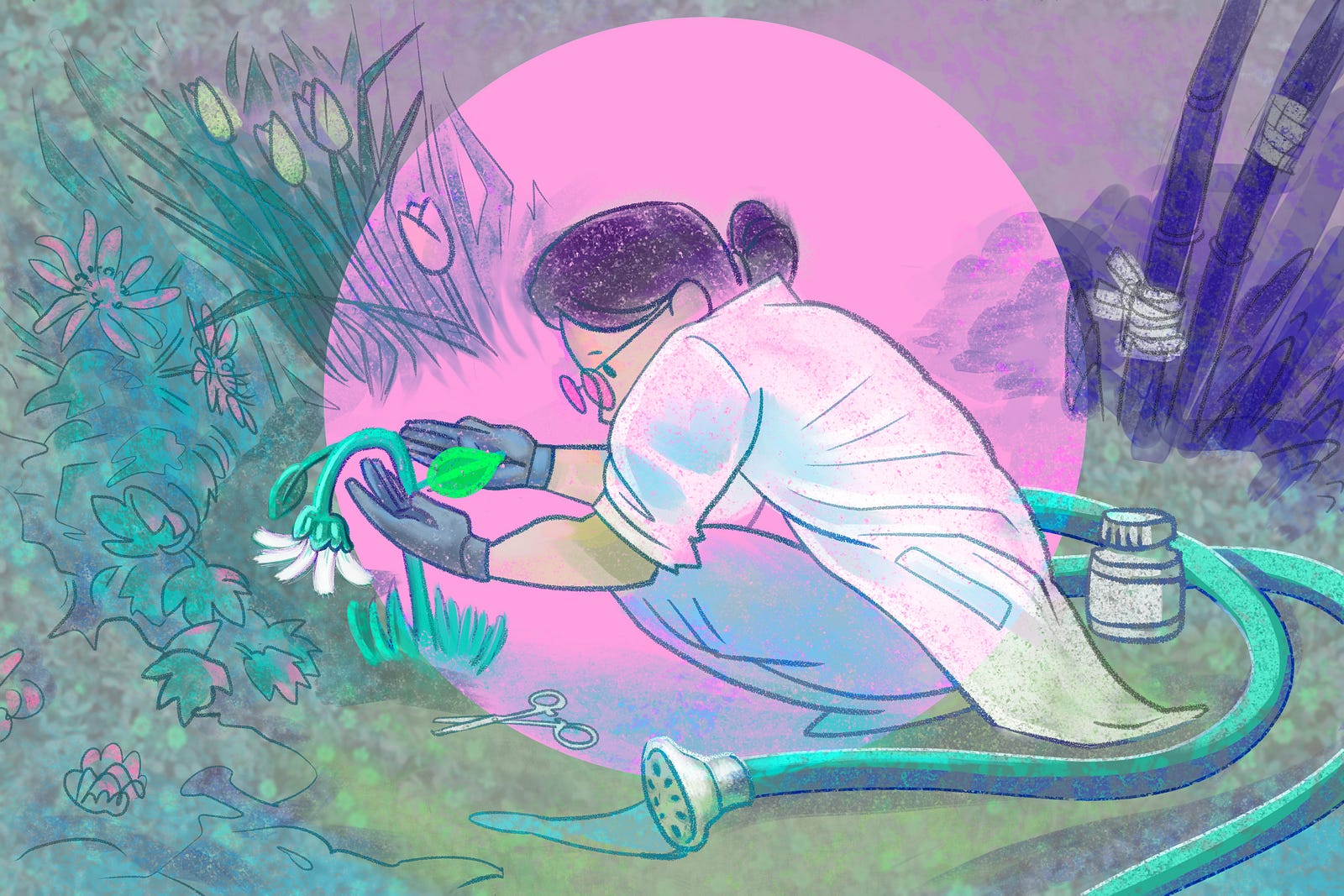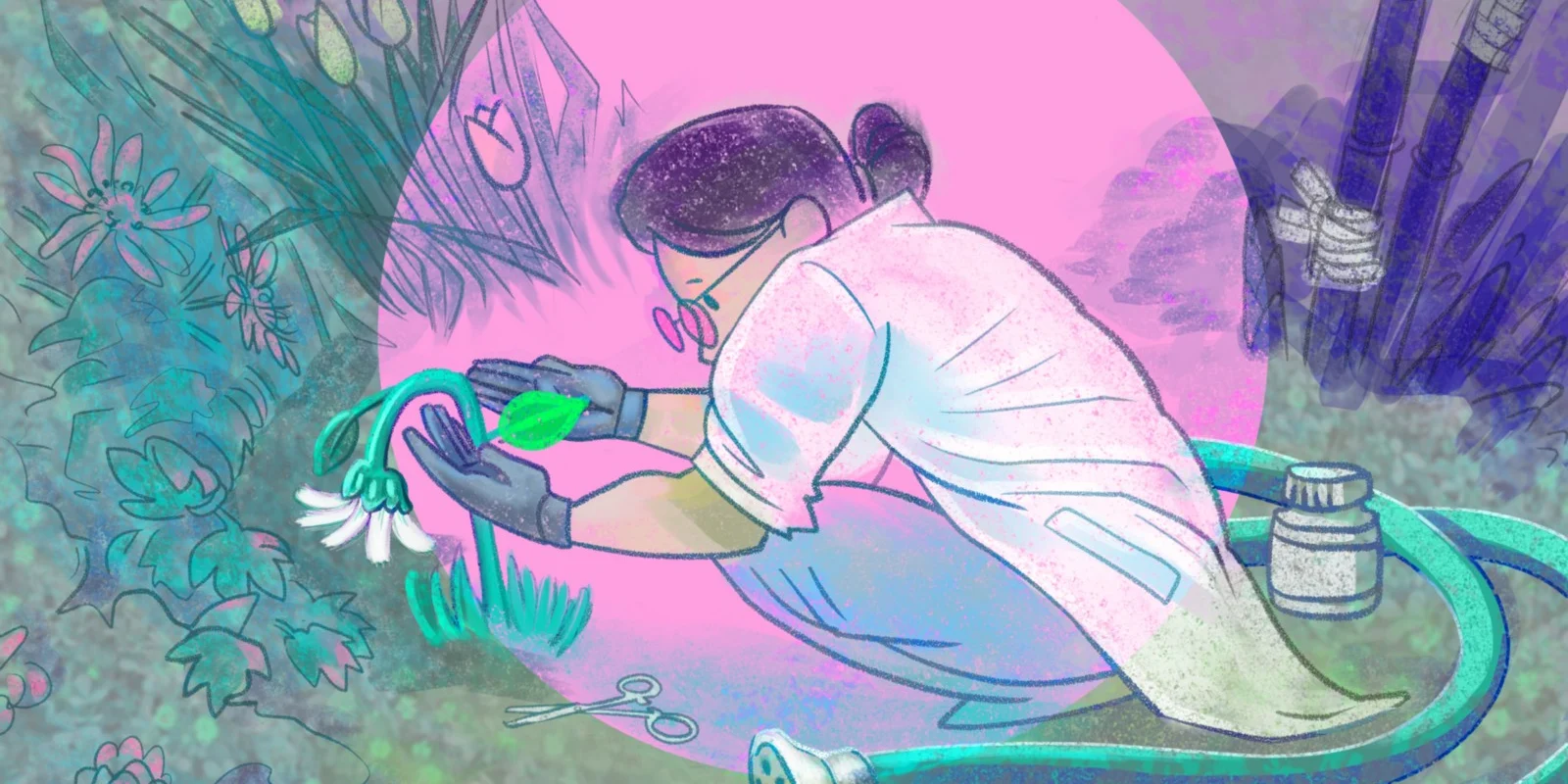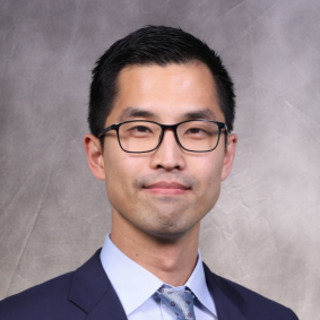
One of the greatest gifts of the human brain is its ability to adapt.
No matter how dramatic the change, the brain has an amazing resilience that can reset the status quo. Even when we lose everything, the brain learns to find joy again in building up from nothing.
On the critical care unit, I observe again and again this resilience of the human spirit as patients and their families are able to find joy, hope and even meaning after a devastating stroke or crippling heart failure. In each day’s modest improvements, they are able to feel grateful even when it is evident that no amount of improvement would be able to restore who they once were.
On the one hand, this ability is one of the most important coping mechanisms for both patients and providers. We can adapt our expectations and learn to find hope even after a tragic loss. Instead of clinging to some unattainable standard from a distant past and eternally lamenting the shortcomings of the present, we can reset and move forward.
Yet, I also encountered a patient during my month in the cardiothoracic surgery ICU who taught me that sometimes our own resilience can render decision-making during end-of-life care difficult and even confusing. She came to the unit on my very first day and passed away on my last.
When she first arrived, she was fully supported on ECMO, an artificial heart-lung circuit, which oxygenated her blood directly because her lungs had failed from chronic aspiration. Her trachea had also sustained an injury from a traumatic intubation attempt, which rendered any attempt at meaningful ventilation futile. The team and I surmised from the beginning that her lungs would never recover enough to function without relying on ECMO. And since she was not a candidate for transplant, we believed she would ultimately not survive.
Yet, for the ensuing month, the brain did what it does best. Her tidal volume was zero when she first arrived. I began to measure progress compared to this baseline. From watching her tidal volume improve ever so gradually each day by 10 to 20 ccs, I derived hope in her chance at recovery and celebrated it with her family members.
When her kidneys stopped producing urine, I adapted my standard to a new degree of critical illness. I measured her urine output daily as the numbers oscillated between none to insignificant.
Then during one of my final days with her when she bled into her brain and began to herniate, I intently looked for changes in her neurological exam. Although her prognosis at this point was extremely poor, when she flickered her fingers, hope of recovery loomed before our eyes once more.
When she passed away soon after, I was disappointed and even surprised. She had come so far from where she had started, which had breathed hope into all of us. How did she fail to recover? However, in looking back, I realized that a part of this hope was an illusion created by my own coping mechanisms. Even as her prognosis became bleaker, I fixated on smaller relative improvements, in denial of its insignificance in the larger context. After all, we had known all along that without receiving lung transplants, she would eventually pass away on ECMO.
Focusing only on the day-to-day changes instead of looking at the bigger picture can cloud our objectivity. Depending on the circumstances, our minds can sway us one way or another, and we may not be aware of these influences until we reflect on them. As providers, an important aspect of training and practicing is to grow increasingly aware of our own cognitive tendencies, so that we can properly guide our teams, patients and their families.
Only then can we fully harness the power of hope, which is one of the most inspiring aspects of the human condition. It allows both patients and providers to remain positive even in the most hopeless circumstances. Although hope can sometimes lead to disappointment, we have to stubbornly hold onto that impulse because as long as we continue to hope, we will continue to try our utmost.
Jason Han, MD is a thoracic surgeon and a 2018–2019 Doximity Author.







